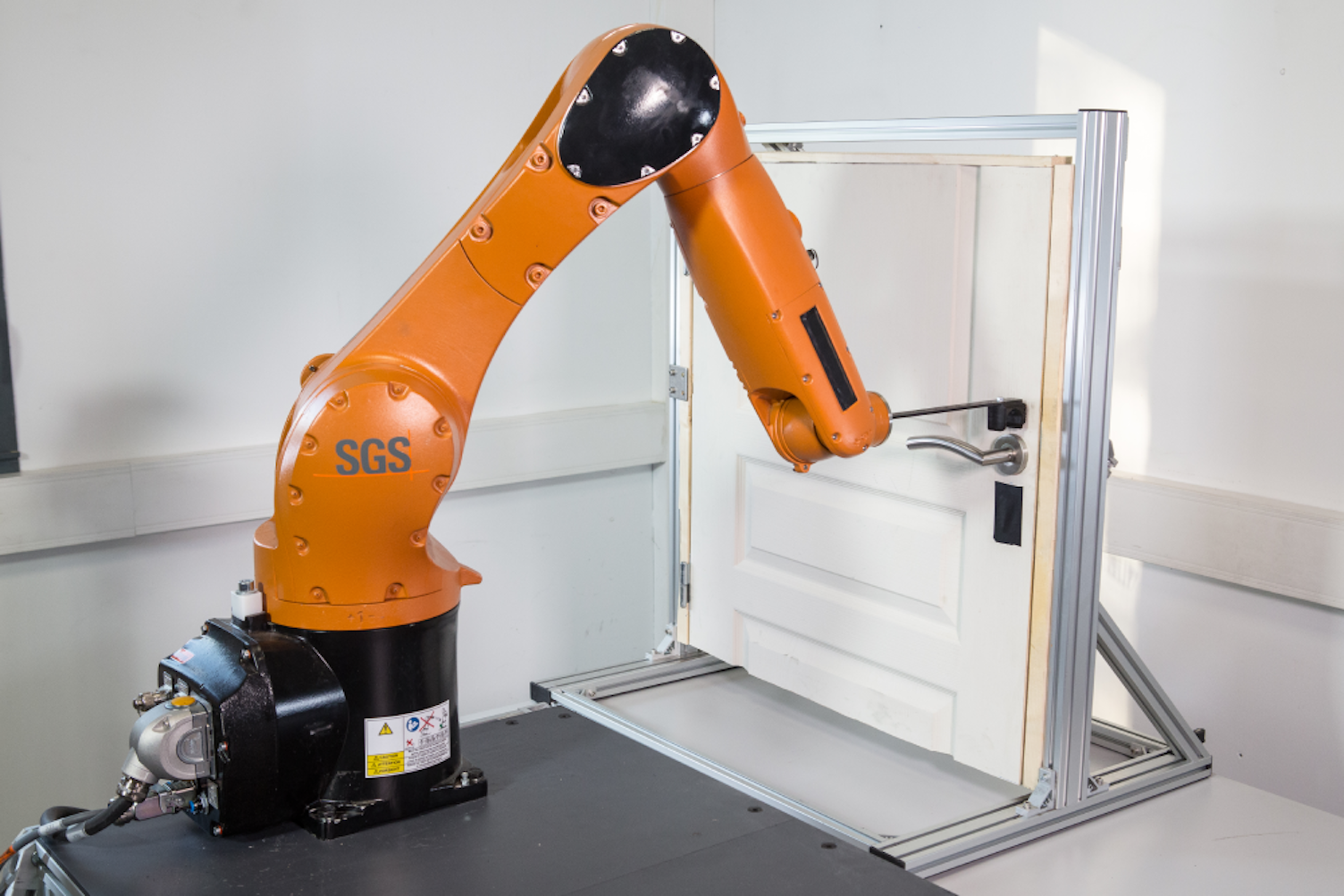Consumer products must be safe and meet or exceed expectations regarding durability and performance. In global markets, where every consumer is different, how can manufacturers ensure they stay ahead of the competition?
Consumers are becoming more discerning when buying products. E-commerce markets have given them access to greater choice, leading to increased competition between manufacturers and brands. At the same time, consumers can also be more selective and make better decisions because the internet has allowed easy access to accurate product descriptions and multiple online reviews.
Brands and retailers are responding by demanding ever more innovative and sustainable ways to design and manufacture consumer products. Safety cannot be ignored, but to achieve competitive advantage in multiple global markets, manufacturers must now find better ways to test and demonstrate their product’s functionality, performance and durability.
Global market challenges
Female or male? Young or old? Left- or right-handed? People come in all shapes and sizes. On top of this, different cultural imperatives also impact the way consumers use products. These are also the factors that will have a fundamental affect upon a product’s performance and durability.
Manufacturers therefore need to constantly be looking for better ways to test performance or risk their products not meeting the expectations of consumers. If that happens, customers are dissatisfied, leading to bad reviews and higher return rates. To be truly effective when targeting multiple global markets, product performance testing really needs to be capable of considering the full range of human characteristics and behaviors.
Test benches
Manufacturers have traditionally relied on test benches to analyze product performance and durability. These use pistons and pneumatic cylinders to mechanically approximate human interactions such as turning and pressing a screwdriver, moving a saw forward and backward or raising and lowering a saucepan to assess handle resistance. While this system can deliver essential information on a product’s performance, it does have limitations.
Test benches only operate in one or two dimensions, combining up or down, left or right and back or forth movements. While this is useful for basic product testing, it lacks the third dimension a human would introduce when using a product such as a paintbrush. To rectify this, testing needs to activate factors such as multiaxial movement and changes in pressure.
Test benches are constructed in compliance with recognized standards. This creates a level of consistency in the way products are tested but it does have drawbacks because the product is only being assessed against the avatar defined in the standard. Since people interact with products differently depending on their cultural and physical characteristics, testing in this way may produce results that are not completely appropriate for all markets. Additionally, this method may also fail to provide valuable insights to drive the development of the next generation of product.
Real human behavior
True consumer-based performance testing requires the ability to eliminate the limitations associated with traditional test benches. Instead of operating in one or two dimensions, testing must work in three dimensions with an emphasis on the way real humans use products.
The testing process needs to start with the collection of data. High precision sensors will plot the behaviors of real people in whatever market the manufacturer wants to operate. This data is then used to create a true virtual consumer, which can be easily mapped onto any suitable robotic system around the globe. Advanced robotics faithfully recreate the actual behaviors of the study subject, creating lifelike movements and removing the need for mechanical approximations.
Introducing PROF
SGS Performance Factory (PROF) is the next generation in performance and durability testing for consumer products. It replaces the need for specially constructed test benches with an advanced robotic solution capable of testing any consumer product – from screwdrivers and screws to zip fasteners on suitcases, furniture drawers and paint rollers.
The system’s high-precision sensors accurately record and analyze the effect of real human behaviors and movements when using a product. PROF experts then create the virtual consumer and testing protocols needed to simulate real human movements with a high level of accuracy. These testing protocols are then mapped onto any suitable robot, using layers of advanced algorithms and high-level analytics to recreate true human dynamics. It replaces the rigid testing possible on traditional test benches with a 3D solution that offers adaptability, versatility and the ability to gain higher value data that can be used to drive smarter product marketing and development decisions.
PROF has the additional benefit that it can also replace time-consuming consumer panels, which have low repeatability and can be limited in terms of consumer behaviors.
Unbiased, scalable, repeatable, reproducible
During testing, PROF’s high-precision sensors automatically capture data in an accurate, targeted and unbiased way. Expert analysis of this qualitative data then delivers high quality insights into performance and durability, enabling product benchmarking to drive the next generation development and precise assessment against competing goods.
One considerable advantage of PROF is that it doesn’t suffer fatigue. Regardless of the protocol’s length, there is no reduction in effort and the first test cycle remains identical to the last. This gives manufacturers accurate information on the impact of use, and misuse, on a product over time.
PROF is a truly global solution. It can easily be mapped onto any suitable platform, meaning all manufacturers of consumer goods from across the world can benefit from its scalability, repeatability and reproducibility.
Benefits of PROF
- Greater accuracy in testing
- Accurately replicates real human behavior
- Fast turnaround times
- Scalable, repeatable and reproducible testing protocols
- Consistent, impartial results
- Creates high value-added data to drive product development and marketing strategies
- Lower return rates and costs of non-quality
Learn more about SGS Performance Factory (PROF).
Enjoyed this article?
Find more news and updates in our Consumer Compact newsletter >
Join our webinar on April 11
Introducing PeRfOrmance Factory (PROF) – next generation performance testing for consumer products
Delivered direct to your inbox
Subscribe to Consumer Compact >
Damien BERTHE
International Business Developer
C&P Hardlines – Home Improvement & DIY
© SGS Société Générale de Surveillance SA.










